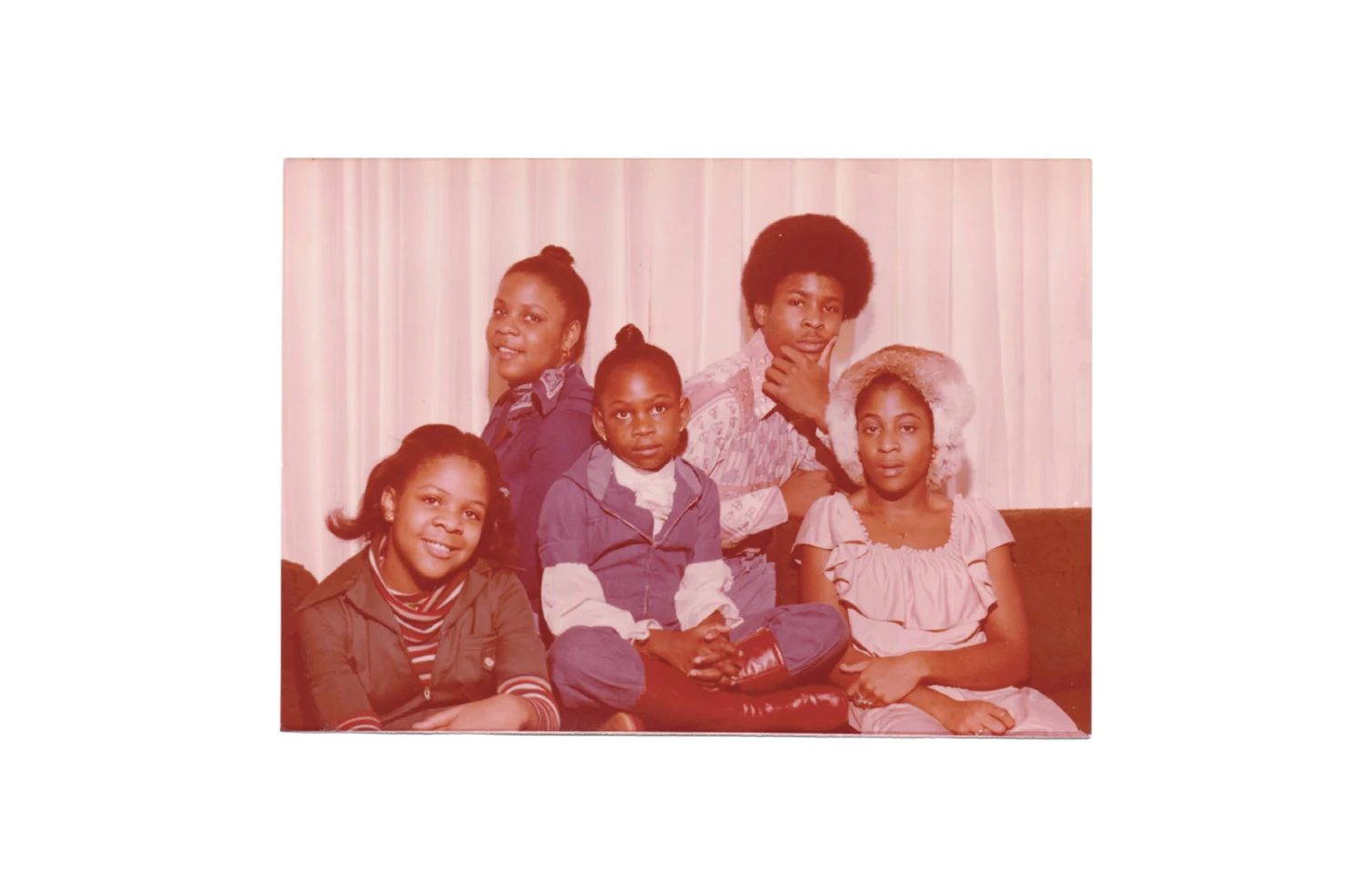assimilation
welcome:
Come—Our way, Our Truth and Our Light—enter into this time of thought and questions.
a thought to consider:
“What does assimilation mean these days? The word has its roots in the Latin ‘simulare,’ meaning to make similar. Immigrants are expected, over an undefined period, to become like other Americans, a process metaphorically described as a melting pot. But what this means, in practice, remains unsettled. After all, Americans have always been a heterogeneous population — racially, religiously, regionally. By what criteria is an outsider judged to fit into such a diverse nation? For some, assimilation is based on pragmatic considerations, like achieving some fluency in the dominant language, some educational or economic success, some familiarity with the country’s history and culture. For others, it runs deeper and involves relinquishing all ties, even linguistic ones, to the old country. For yet others, the whole idea of assimilation is wrongheaded, and integration — a dynamic process that retains the connotation of individuality — is seen as the better model. Think salad bowl, rather than melting pot: Each ingredient keeps its flavor, even as it mixes with others."
Laila Lalami, “What Does It Take to ‘Assimilate’ in America", New York Times, August 1, 2017
something Jesus said:
“I pray that all of these people continue to have unity in the way that You, Father, are in Me and I am in You. I pray that they may be united with Us so that the world will believe that You sent me.”
John 17:21
a story:
When the crowd heard Jesus’ words, some said, “This man really is a prophet!” Others said, “He’s the Messiah!” But others said, “How could he be the Anointed One since he’s from Galilee? Don’t the scriptures say that he will be one of David’s descendants and be born in Bethlehem, the city of David?” So the crowd was divided over Jesus. Some wanted him to be arrested, but no one dared to lay a hand on him.
So when the temple guards returned to the Pharisees and the leading priests without Jesus, they were questioned, “Where is he? Why didn’t you bring that man back with you?”
They answered, “You don’t understand—he speaks amazing things like no one else has ever spoken!” The religious leaders mocked, “Oh, so now you also have been led astray by him? Do you see even one of us, your leaders, following him? This ignorant rabble swarms around him because none of them know anything about the Law! They’re all cursed!”
Just then, Nicodemus, who had secretly spent time with Jesus, spoke up, for he was a respected voice among them. He cautioned them saying, “Does our law decide a man’s guilt before we first hear him and allow him to defend himself?” They argued, “Oh, so now you’re an advocate for this Galilean! Search the Scriptures, Nicodemus, and you’ll see that there’s no mention of a prophet coming out of Galilee!” So with that their debate ended, and they each went their own way.
John 7:40-53
reflection:
It turns out that assimilation is a wide and varied concept. I used to believe that assimilation, in its simplest terms, was when “an ethnic minority adopts the beliefs, languages, and customs of the dominant community, thus losing their own culture in the process,” (historyplex.com). But reflections on the movie The Help and the stories of the Pharisees throughout The New Testament show us that the definition of assimilation is anything but simple. Surely assimilation is, of course, about ethnic minorities disrobing their own culture and donning a dominant culture. But it also includes gender minorities, socioeconomic minorities, religious minorities—basically any minorities foregoing their own identities to adopt the greater norm’s identity.
In the movie The Help, Skeeter possesses the language, the customs, and the heritage of the dominant community. She is white, a member of an upper-crust, respectable family – a card-carrying member, if only by inheritance, of the DAR and Junior League living in deep, Jim Crow south. Early in the story, she starts to question the customs and traditions of her community. Even worse, she starts to speak her own convictions to the community who has dominated every detail of her life, from how she wears her hair to whom she dates. In order to protect the status quo, the community is quick to shut Skeeter’s ideals down, which leads her to continue her line of questioning to the community in a secretly written book about them. She chooses to no longer assimilate into the dominant community that it seems she should so clearly belong.
In our story today, Nicodemus and a few other Pharisees dare to share their own take on Jesus. Each of their remarks are met by the dominant community of Pharisees with mocking accusations of them being brainwashed and stupid. To the dominant-ruling Pharisees, it’s one thing for the unclean, impure minority group not to assimilate. To them such behavior can be explained by lack of pedigree and lack of training in the proper traditions. The Pharisees can hardly blame them that they aren’t able to completely assimilate. After all, they weren't pureblooded, healthy, wealthy, male Jews. However, they are still appalled when the lepers, tax collectors, fishermen, zealots, demon-possessed, blind, lame, poor, widowed, uneducated, Roman gentiles, Galileans, Samaritans—basically Jesus and all of His followers—do not even try to assimilate. Therefore, it’s even more disgraceful when those who hold the same high title of Pharisee choose not to assimilate because it threatens their dominance over the culture of the community.
Tragically, we witness them quickly shut and dismiss Nicodemus’ faint belief in Jesus. Like Skeeter, he can choose to assimilate or be cast out and lose everything. But also, because he knows their plans for Jesus and His followers, Nicodemus knows that losing everything could also include losing his life.
In order for assimilation to maintain the status quo, both the dominant culture and the minority culture have to continually choose the same ideas, customs, traditions, beliefs and language. They also must agree to vigilantly crucify anything that doesn’t align with the dominant culture. There is no room for harmony in assimilation. Individual or singular ideas cannot be detected. In assimilation every note must become indistinguishable, creating a tone-deaf conductor of culture.
contemplation:
1. Jesus prays for His followers to have unity. What is the difference between the unity that Jesus shares with God and the Holy Spirit within the Trinity, and the assimilation that Americans share in American culture?
2. Have you ever been part of a community but realized that your beliefs threatened the culture of the community? For example, perhaps your family is liberal but you are conservative, or your school is Protestant but you are Catholic? Have there been times that you have foregone your own beliefs and traditions in order to embrace the dominant culture’s beliefs and traditions in order to remain in community?
3. In today’s ‘a thought to consider’, Laila Lalami writes, “…Americans have always been a heterogeneous population — racially, religiously, regionally. By what criteria is an outsider judged to fit into such a diverse nation?” What to you think are the racial, religious, and regional communities that influence the dominant culture the most in prominence and power? What is American culture's criteria for judging what is American and what is not?
4. Do you feel that there can be unity in diversity? Or, do you feel that it’s an unrealistic idea given the current cultural climate in our country?
prayer:
Lord, may we discover that when we are able to keep the doors of our hearts open, there is profoundly more in unity that is pertinent and authentic than all the unilateral dimensions of our lives.* May we find that genuine love of one another bypasses all hate and indifference. Lord, if there must be a greater dominant culture, may it be the culture of love that unifies You, Your Son and Your Spirit. Amen.
*Howard Thurman, The Inward Journey
blessing:
May we all emerge from, dwell within, be transformed by, and called back to Love. May our minds be humbled before this Mystery. May our hearts grow hopeful by it. May we be sustained by this Love always.
from Eric Williams










